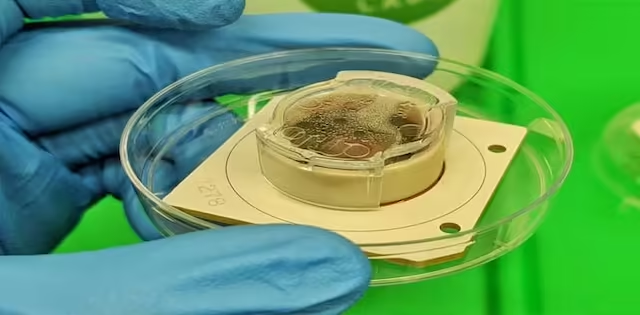Despite the fact that it seems like science fiction, some academics are actually making headway in the field of biocomputing, which involves creating computers using live cells. This technology is being developed in Switzerland by a top team of scientists. In data centers, researchers aim to build “living” servers that simulate AI learning while consuming significantly less energy than modern computers. Dr. Fred Jordan of the FinalSpark lab came up with this concept, which is in contrast to the hardware and software configuration of the typical computers we use today. By cultivating neurons into tiny clusters and attaching them to electrodes, Dr. Jordan and other researchers have produced what they refer to as “wetware,” which functions similarly to tiny computers.
According to the BBC, he stated, “People have been living with these ideas in science fiction for quite a long time.” “It’s a different view of our own brain and it makes you question what we are,” Dr. Jordan continued. “I’m going to use a neuron like a little machine.” Although wetware is currently in its experimental stage and is not anticipated to replace conventional computer chip materials anytime soon, experts believe AI could aid in the advancement of wetware research.



















